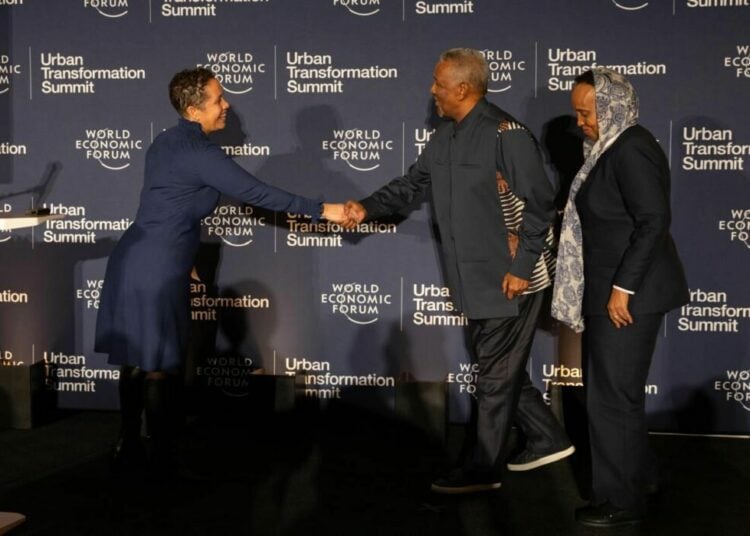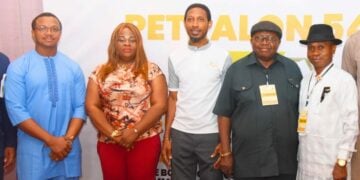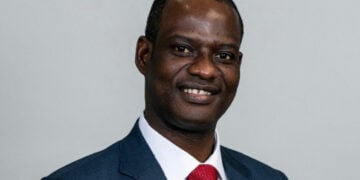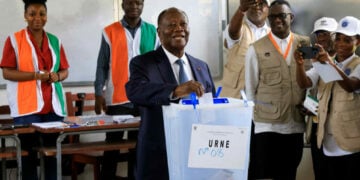In a historic first for Africa, Kigali and ADHI Group have been honoured by the World Economic Forum (WEF) at the Urban Transformation Summit in San Francisco, receiving the Global Public-Private Collaboration Award.
The distinction recognised a pioneering partnership between the City of Kigali, the Rwanda Development Board (RDB), and ADHI Group, which together designed an industrialised, sustainable, and inclusive housing model linking innovation, economic development, and climate transition.
Through this recognition, Kigali joins a select group of cities celebrated by the WEF — including Singapore, Helsinki, Bristol, and Pittsburgh — redefining Africa’s place not as a recipient of innovation, but as a global source of it.
The flagship project, Bwiza Riverside Estate, developed by ADHI Group, embodies this transformation. Certified EDGE Advanced by the International Finance Corporation (IFC), the development has reduced more than 500,000 tons of CO₂ through the use of light concrete, recycled materials, and sponge-city water systems. These measurable climate gains are now convertible into carbon credits, directly linking urban development with climate finance.
“We have demonstrated that sustainable housing can finance itself,” said Soleman Abdi Idd, Chairman of ADHI Group. “Our model combines technological innovation, local manufacturing, youth training, and carbon monetization. It is the circular economy applied to city building.”
The success of this initiative was driven by strong collaboration between the public and private sectors. The City of Kigali incorporated the project into its urban plan and provided land, while the Rwanda Development Board mobilised investors and financial guarantees, aligning the effort with Rwanda’s Vision 2050 and Green Growth and Climate Resilience Strategy. This synergy created an ecosystem where public policy and private enterprise work hand in hand to achieve sustainable outcomes.
Beyond housing, ADHI’s approach integrates a strong social impact. An on-site TVET campus trains young Rwandans in modular construction, renewable energy, and advanced fabrication — ensuring every home built contributes to skill development and job creation. “Each house is also a classroom,” said Sadiya A. Hassan, Vice President of ADHI Group. “Our youth are not watching the green transition — they are building it.”
Following Kigali’s success, several African countries are now exploring the ADHI model for replication, seeing it as a pathway toward self-financing, climate-conscious urbanization rooted in local manufacturing and inclusive growth.
For the World Economic Forum, this recognition marks a shift in global development thinking. Kigali’s experience demonstrates that inclusive industrialization and environmental sustainability are not competing objectives, but complementary drivers of Africa’s future.
In less than a decade, Rwanda has evolved from a policy laboratory into a global reference for sustainable urban transformation — offering the world a new equation for growth that is inclusive, circular, and self-sustaining.





